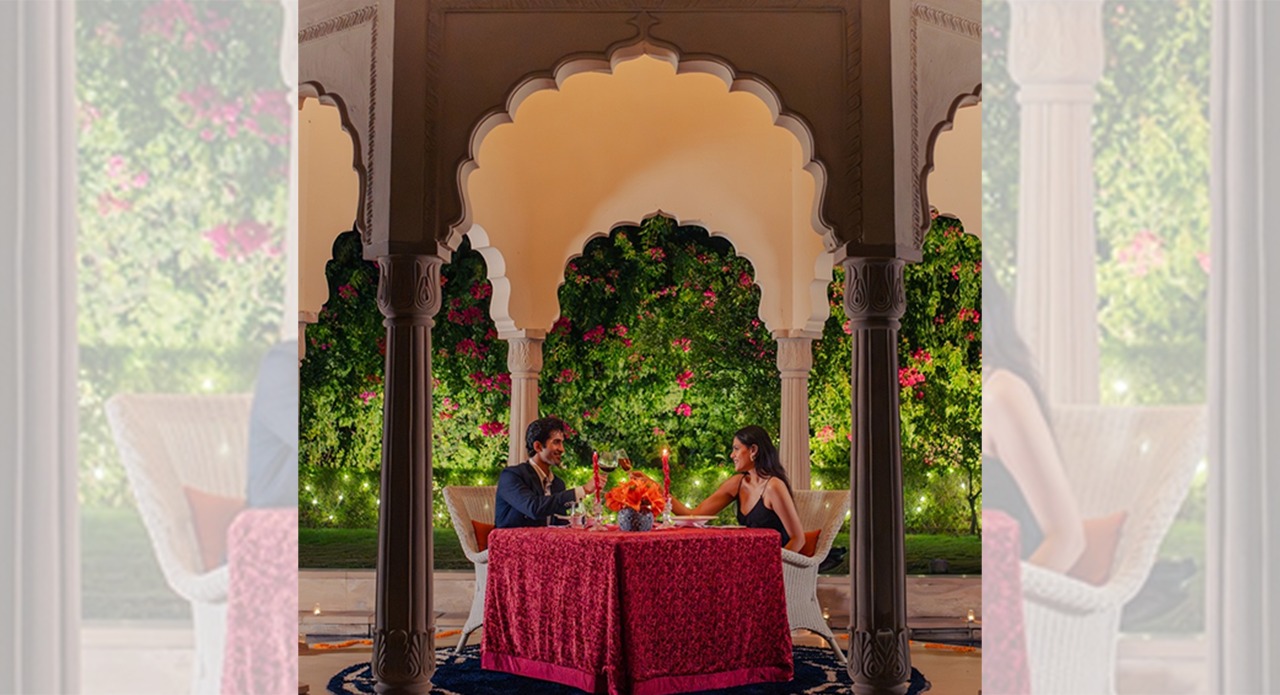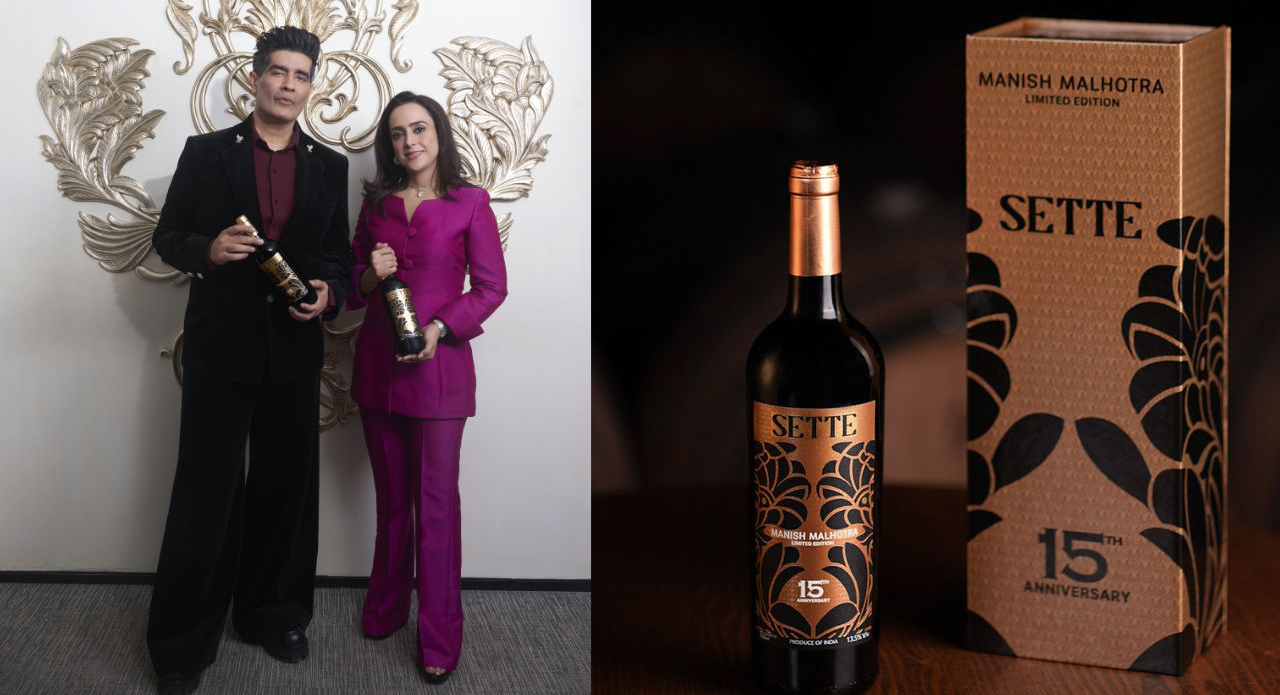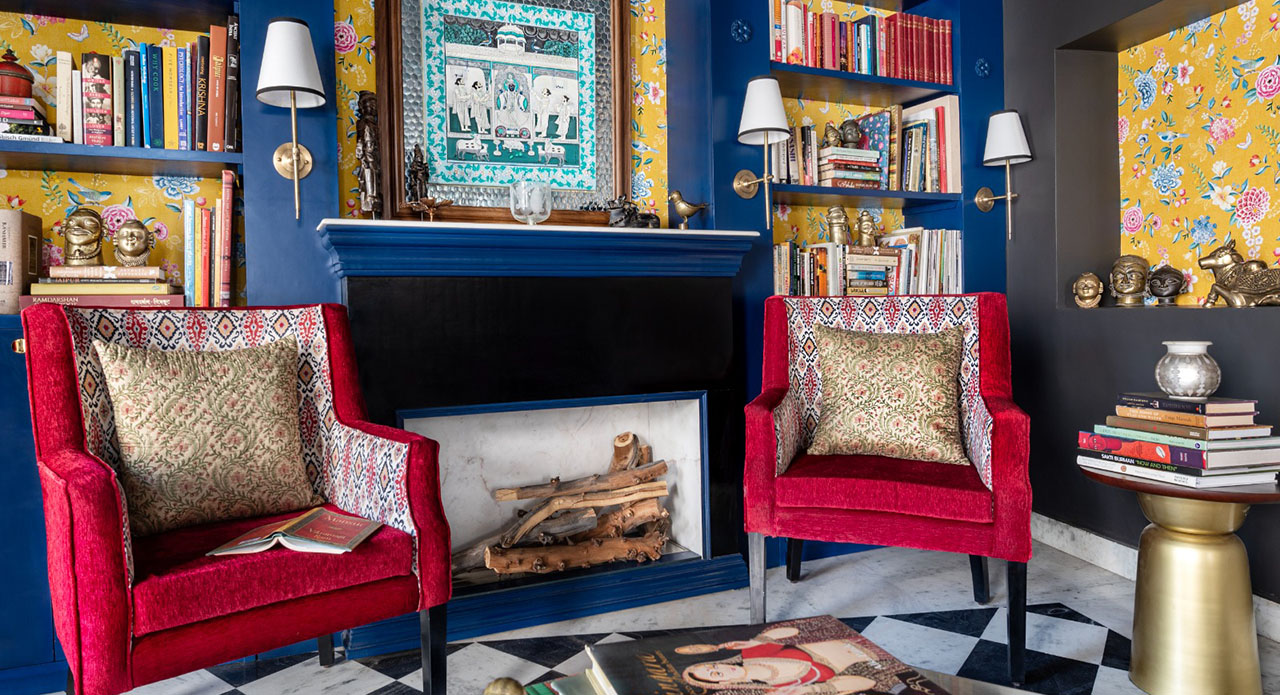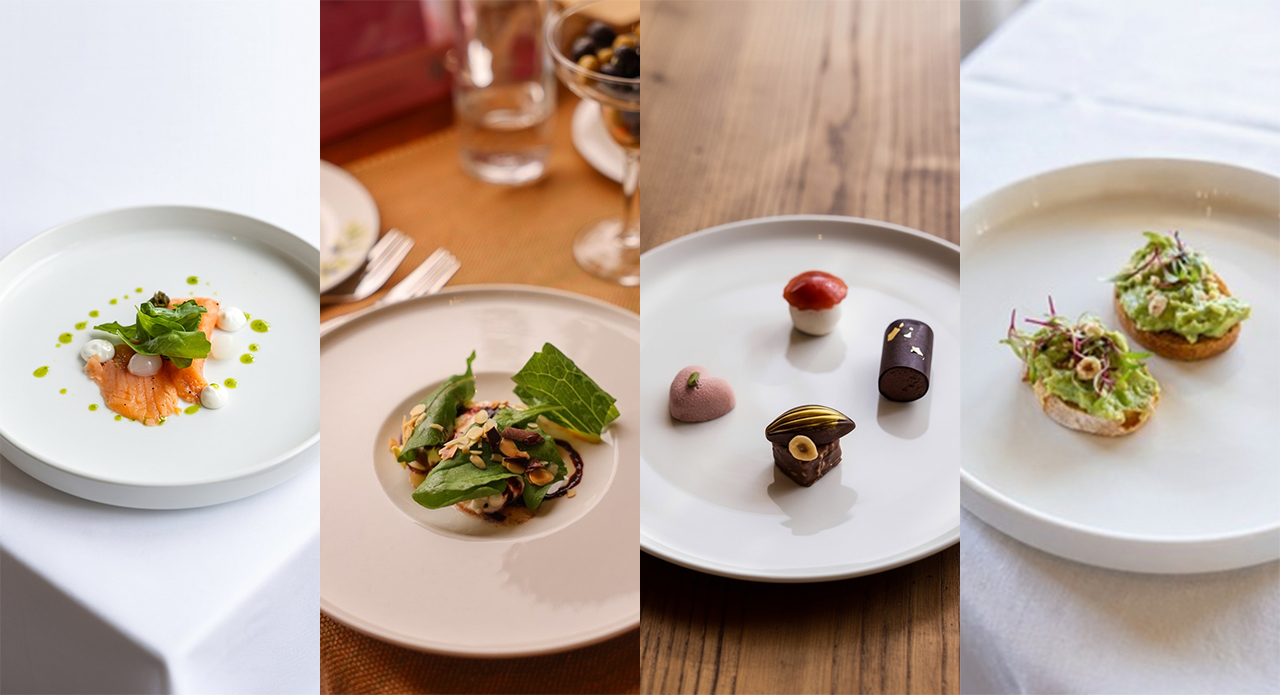Walking into The Lab at Amaraanth, South Goa’s luxury-focused wellness retreat, the philosophy of sustainability is immediately palpable. While the boutique resort exudes a harmonious balance between luxury and sustainability, it is also reflected in the bar concept housed within the property. Pankaj Balachandran, CEO of Countertop India, got an opportunity to partner with Amaraanth, allowing him to continue his pioneering work aligned with this particular ethos “We’ve always been mindful of sustainability in our projects, but the idea really solidified when we revamped the bar program at Malaka Spice in Pune. The farm-to-glass approach worked beautifully,” he reflects as he continues to align these thoughts with The Lab. His bar immediately encapsulates the nuances of sustainability, right from up-cycling, waste reduction, and hyper-local sourcing, it is a culmination of years of learning and experimentation. There is a desire to serve every drink with a deeper story—not just of ingredients but of the people, practices, and purpose behind them.

The journey toward sustainability in India’s bar industry is steadily gaining momentum, and as I explored the perspectives of industry stalwarts from across various corners of the industry their collective insights revealed a transformative ethos reshaping how India drinks.
Sustainability In Practice: Rethinking Bar Operations

At The Lab, sustainability takes many forms—its signature Red Amaranth cocktail is a shining example. Made with locally sourced ingredients like red amaranth, a staple in traditional Goan cuisine, is procured directly from nearby markets at fair prices, alongside other indigenous, seasonal finds. To ensure nothing goes to waste, creative preservation techniques are employed. “By-products like spent citrus are transformed into cordials, and surplus ingredients are preserved through pickling and fermentation,” shares Balachandran. Impressively, The Lab’s own backyard garden contributes 10% of its produce—a number projected to triple next year as part of their ambitious expansion.

Smaller metros like Hyderabad are embracing sustainability beyond ingredients, enhancing the guest experience by fully immersing them in thoughtful practices. At Kin-Rü, sustainability goes beyond surface-level efforts like recycled coasters or biodegradable straws, which Operations Head Karl Fernandes dismisses as “basic common sense.” Instead, the bar focuses on creating a deeper connection to its surroundings. “It’s not just about the cocktail; it’s about creating a holistic environment that celebrates the region,” says Fernandes.
While Kin-Rü sources fresh ingredients from nearby farms to support local economies, its ambitions to incorporate local art forms like ikat and bidri remain a work in progress. Challenges such as the scarcity of traditional weavers and the limited availability of skilled bidri artisans have made these efforts difficult to execute. Fernandes sees these hurdles as opportunities to engage with the community, preserving endangered traditions through meaningful collaborations.

A similar ethos guides Tim Etherington-Judge at Tipai by Wildlife Luxuries, a forest retreat near Nagpur. Overseeing beverages at Talaabwali, the retreat’s latest dining concept, Tim advocates a low-waste, local-first approach. Cocktails like the Watermelon, is a creation which utilise every part of the fruit—juice, rind, and skin—ensuring minimal waste. “We aim to harness foraged and locally grown ingredients to craft drinks that embody the essence of the forest,” Etherington-Judge explains. Through collaborations with local farmers and business’ alike, for instance, Nagpuri oranges feature in a creative riff on the Aperol Spritz, while a partnership with Great State Ale Works has yielded a 100% millet beer made from locally sourced jowar, from nearby farms. This exclusive beer, brewed specifically for the retreat, illustrates the synergy between sustainability and collaboration.
The Lab in Goa reports a 20% reduction in ingredient waste in its first year, while Tipai’s collaborations may have boosted farmer incomes, highlighting the tangible impact of these efforts. By prioritising high-quality ingredients and the right partnerships, these thoughtful practices require not just intent but expertise. It’s this synergy of vision, technique, and execution that transforms sustainability into a tangible, meaningful part of a bar’s operations—beyond buzzwords, into an art form.
Celebrating Regional Identity Through Preservation Ideologies
What struck me most during these conversations was how sustainability isn’t just about the environment—it’s deeply tied to cultural and regional identity as well as formulating a foundation through hospitality. At Talaabwali, for instance, Etherington-Judge plans to incorporate native spirits like mahua and millet whiskey, apart from the millet beer already at play into their offerings. Similarly, Bandra Born, Mumbai has launched a Mahura-focused bar with all their cocktail creations made from Mahua Spirit from Six Brothers, a two-month-old label which is set to make waves in India. These spirits, made from drought-resistant crops promote agricultural resilience. It’s a way of ensuring that these crops, vital to India’s agricultural future, are preserved and promoted. Consumers today increasingly seek experiences aligned with their values, making sustainability a key factor in their choices. This willingness to pay for mindful experiences marks a shift in how luxury is perceived.

This blend of sustainability with cultural preservation is echoed at After Dinner, a new Goa-based bar in Anjuna that has embraced these practices in every facet of its creation. Twinkle Keswani, one of the founders, explains, “We wanted to create a space that feels like a home by the beach,” she says, “not preachy or ticking boxes, but making choices that feel right for the environment.” From using reclaimed wood sourced from Goa and Karnataka to choosing natural linen for upholstery, every element of After Dinner has a sustainable yet luxurious feel. The goal wasn’t to sacrifice style for sustainability, but to find a balance that respects the environment while creating an upscale, beach shack-inspired vibe.

The craftsmanship of local Goan artisans also plays a key role in the bar’s identity. Not only do they help craft the space, but their work also reflects Goa’s natural beauty and culture. The bar’s plastic-free policy and use of local ceramics and glassware wave a reassuring hand towards a conscious effort to blend local traditions with contemporary eco-friendly practices, right down to the textures of the furniture to the bamboo toothbrush garnish in the welcome drinks.
Overcoming Challenges: Commitment To Sustainability
Despite its promise, sustainability in India’s bar industry faces numerous hurdles. Cost, logistics, and cultural acceptance remain significant challenges. There is a difficulty of building a network of farmers and producers who align with these values. Sourcing directly from farmers can bypass middlemen, but the real investment lies in commitment and time, requiring stakeholders to be present on-ground to ensure the partnerships succeed. This need for consistent, hands-on involvement often deters those who lack the infrastructure or capacity to sustain such relationships.
Logistics further compound the issue, particularly for smaller cities. These regions frequently possess the right resources to scale sustainability—local ingredients, unique crafts, and untapped talent—but lack the systems to compete with the requirements of metropolitan markets. The higher demand in bigger cities pulls these resources away, leaving smaller regions with diminished opportunities to showcase their potential at home. It’s a cyclical challenge, where the very strengths of these smaller cities—artisanal quality and local richness—become their biggest obstacles when scaled improperly.

Amid these challenges, education emerges as a counterweight to navigate these complexities. Award-winning bartender and founder of Bar Bundle, a consulting company, Varun Sudhakar believes that knowledge is a critical factor in scaling up sustainability. “A lot more education is needed—not just for bar owners but also for the workforce,” he notes. His projects, including The Ivory Club in Trivandrum, incorporate measures like recycling wastewater for irrigation and creating a knowledge-sharing platform. This initiative, Sudhakar says, aims to standardise sustainable practices across the industry and empower others to adopt similar models. Sudhakar’s approach also emphasises the importance of interdisciplinary education—integrating environmental awareness, business acumen, and cultural sensitivity into every part of the bar industry’s ecosystem.
Raising The Bar For A Sustainable Future
When I sip a cocktail today, learning about its origin—perhaps featuring locally foraged herbs—its story transports me to that region. These thoughtful details turn sustainability into a sensory experience. It’s in this storytelling where luxury and sustainability meet, not just in the ingredients but in the lasting impression they leave. Initiatives like Bhumi Farms by Sidecar, which celebrate indigenous spirits, farming practices, and mindful collaborations, are prime examples of this shift.

The future of sustainability in India’s bars lies in seamlessly integrating these values—through education, partnerships, and shared knowledge. It’s about supporting local producers, training staff, and rethinking what luxury truly means in the context of sustainability.
As I reflect on these experiences, I realise that the cocktails from these bars stayed with me long after the trip. If this is the future of India’s bars, it’s a future worth raising a glass to.







